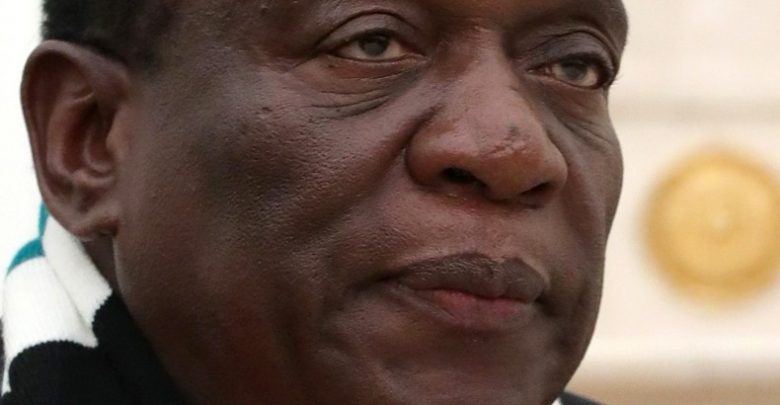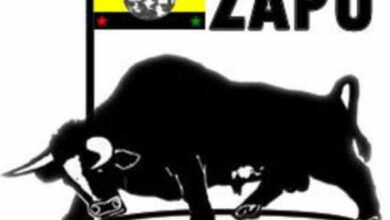‘Mnangagwa cannot run for a third term or benefit from term limit extension’

Zimbabwe’s constitution prohibits President Emmerson Mnangagwa from running for a third term, as it limits the incumbent to two terms and forbids extensions, according to a legal expert, Matshobana Ncube.
Ncube said the constitutional term limit in Zimbabwe’s constitution can only be amended by a two-thirds majority in both the National Assembly and Senate.
This assertion comes after Zanu PF youths have started championing a third term for President Mnangagwa, saying he will continue in power still in 2030.
Currently, Zanu PF does not have a two-thirds majority in Parliament as a whole.
Even if an amendment is made, if members of the opposition in Parliament voted alongside the ruling party, President Mnangagwa will not be eligible for a third term because an amendment cannot benefit the incumbent according to Section 91(2) of Zimbabwe’s Constitution, which states one is disqualified for an election as President if he has already held office in a similar position under this constitution for two terms.
“In terms of Section 95 of the Constitution of Zimbabwe, the presidential term is limited to two terms. One should have served as president for a period of two terms. Those two terms could have been done consecutively or when someone served now and were voted out then they came back again. So those two terms are treated as the maximum tenure that the person may hold the office of President,” said Ncube in an interview with CITE.
“Insofar as the constitution is concerned at the present moment, there is a two-term limit for anyone who is serving as President, so they cannot go beyond that period.”
The legal expert said President Mnangagwa “cannot do anything” because the Constitution is clear that he is limited to two terms unless Parliament amends the law.
“But then it’s not what that person may do. It is what Parliament may do, because ultimately, it is the question that has to be decided by Parliament,” he noted.
“If Parliament then resolves with an affirmative vote in the Lower House of two-thirds and the same in the Upper House then the Constitution can be amended.”
Ncube said it was “not possible for any amendment to be effected without two-thirds.
“There has to be a two-thirds majority in both houses,” said the legal expert.
However, the legal expert indicated that a two-thirds majority can be obtained if members of the opposition in Parliament vote alongside the ruling party for an amendment.
“The membership of Parliament in both houses is there. There may be some people in the opposition who may in fact support Zanu PF in that so what the Constitution requires is that for any amendment to be done, the Speaker of Parliament should send to the President, communication to the effect that in the Lower House there was a two-thirds membership that voted in support of the amendment,” Ncube said.
“The same goes for the Senate where the President of the Senate has to do the same thing. It does not necessarily follow that Zanu PF has to have two-thirds because there may be some people we do not know who will vote along with Zanu for whatever reasons.”
Ncube noted that for an amendment to take effect, those responsible for writing the amendment documents must submit them to the Speaker of Parliament.
“The Speaker of Parliament is supposed to put the proposal in the Government Gazette for 90 days to notify the members of the public that there is a proposed amendment of the Constitution. During that time, public consultations are done and once that process is over, then the process moves back into the Lower House and the Upper House,” he said, casting doubt on whether public meetings have value.
“People of Zimbabwe do input, but as we have seen before, I’m not sure whether that input is of any value because people go to these meetings, they do write ups to Parliament, they e-mail or send hard copies, but I’m not sure whether those have any bearing at the end of the day.
“What happens is or what is important is what then obtains within the parliamentary houses themselves. If two thirds is garnered in the Lower House and two thirds in the Upper House the bill is sent to the president for his assent or for his signature. Once the president signs it as a signature, then the Constitution is deemed to have been amended.”






